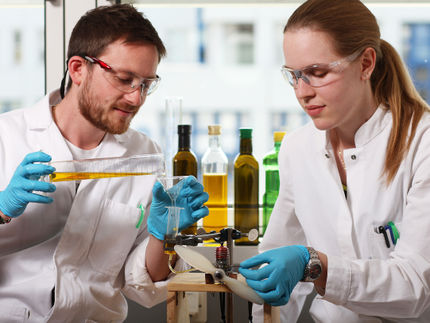BASF to build plant for sodium methylate in Brazil
World-scale plant with a capacity of 60,000 metric tons
BASF is planning to construct a production plant for sodium methylate in Guaratinguetá, Brazil, its largest site in South America. The plant, which will have a capacity of 60,000 metric tons per year, will be the first such plant for this product in South America and is primarily intended to supply the regional market.
Sodium methylate is an efficient catalyst for the production of biodiesel, which has developed into an alternative for diesel fuels in the past 10 years. Biodiesel is able to meet the requirements of engine manufacturers for high-quality fuels.
"We expect annual global demand for biodiesel to increase to about 18 billion tons in coming years. About 15 percent of this amount will come from South America," said Dr. Ulrich Büschges, Group Vice President of BASF's global business unit Inorganic Specialties. "We want to respond to the growing needs of our customers with this investment," added Dr. Frank Prechtl, Business Manager Alcoholates. Legislation planned in Brazil will require fuel to contain 3 percent biodiesel by 2013, and this figure is set to rise to 5 percent. Argentina has mandated that biodiesel makes up 5 percent of fuel by 2010. Other South American countries have similar plans.
Other news from the department manufacturing

Get the chemical industry in your inbox
By submitting this form you agree that LUMITOS AG will send you the newsletter(s) selected above by email. Your data will not be passed on to third parties. Your data will be stored and processed in accordance with our data protection regulations. LUMITOS may contact you by email for the purpose of advertising or market and opinion surveys. You can revoke your consent at any time without giving reasons to LUMITOS AG, Ernst-Augustin-Str. 2, 12489 Berlin, Germany or by e-mail at revoke@lumitos.com with effect for the future. In addition, each email contains a link to unsubscribe from the corresponding newsletter.





























































